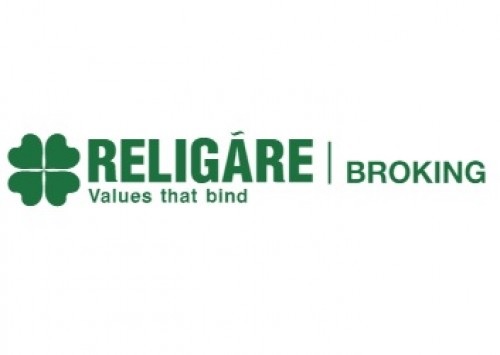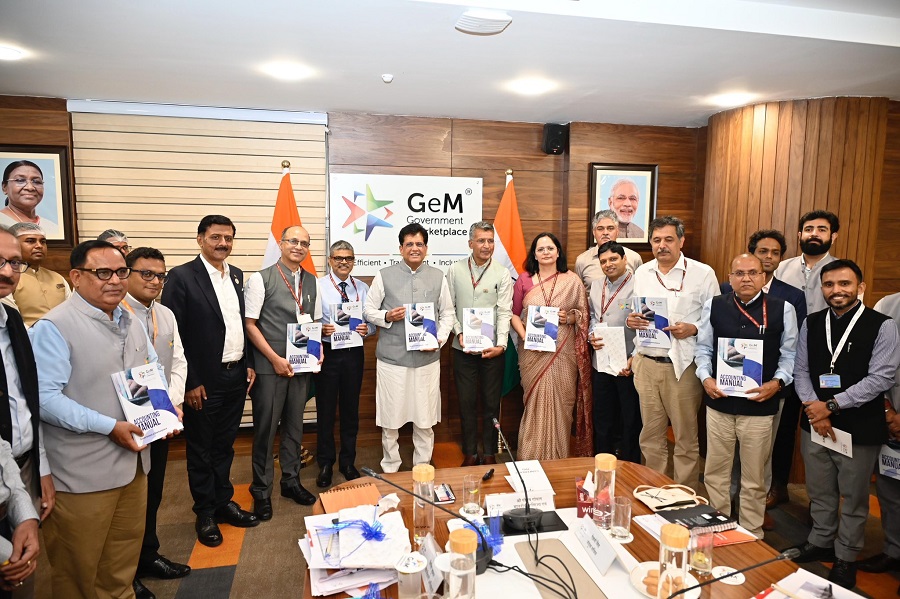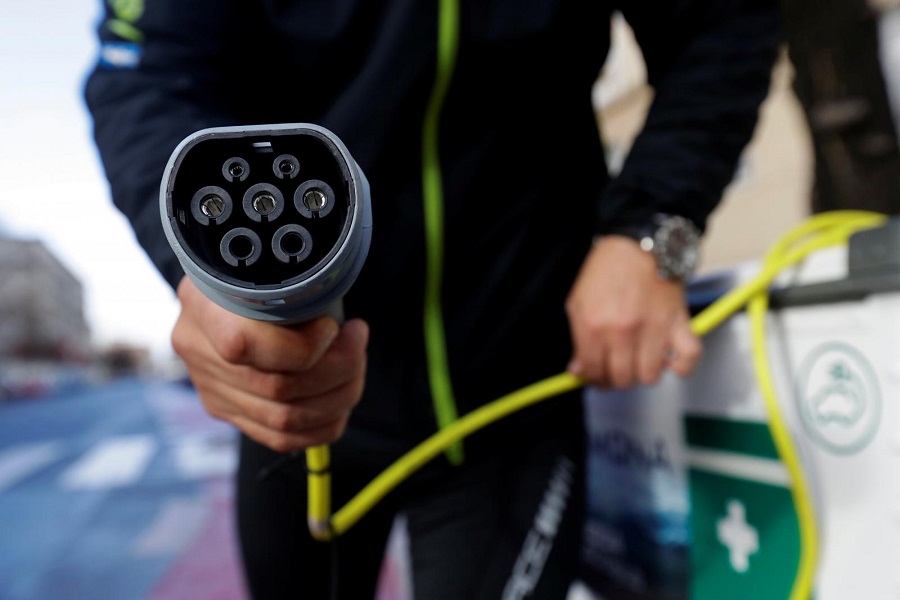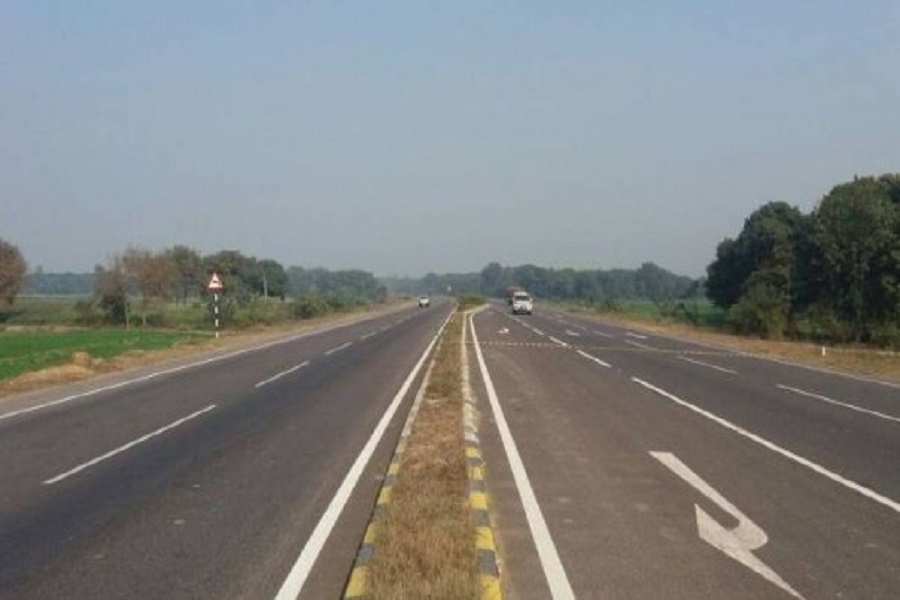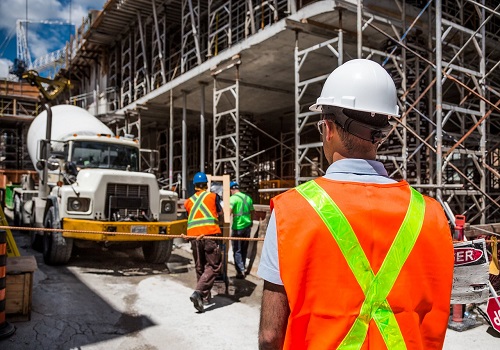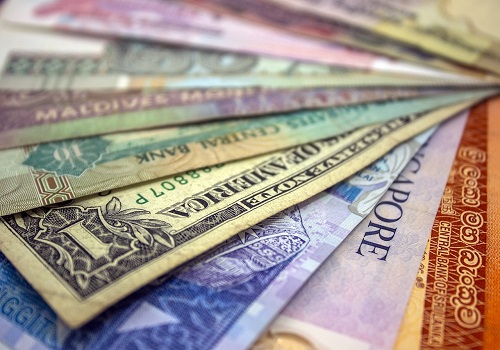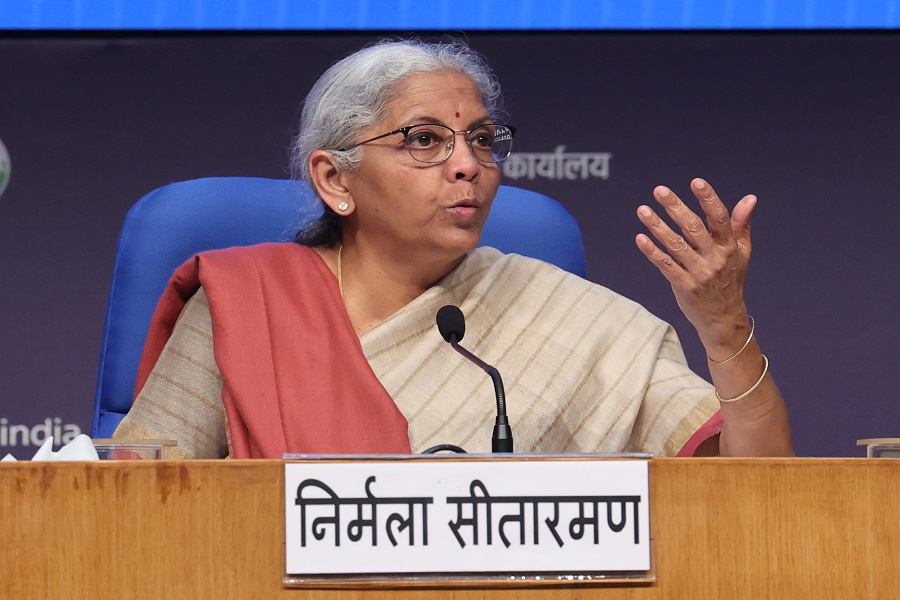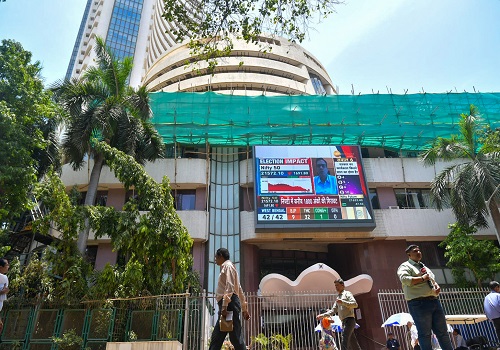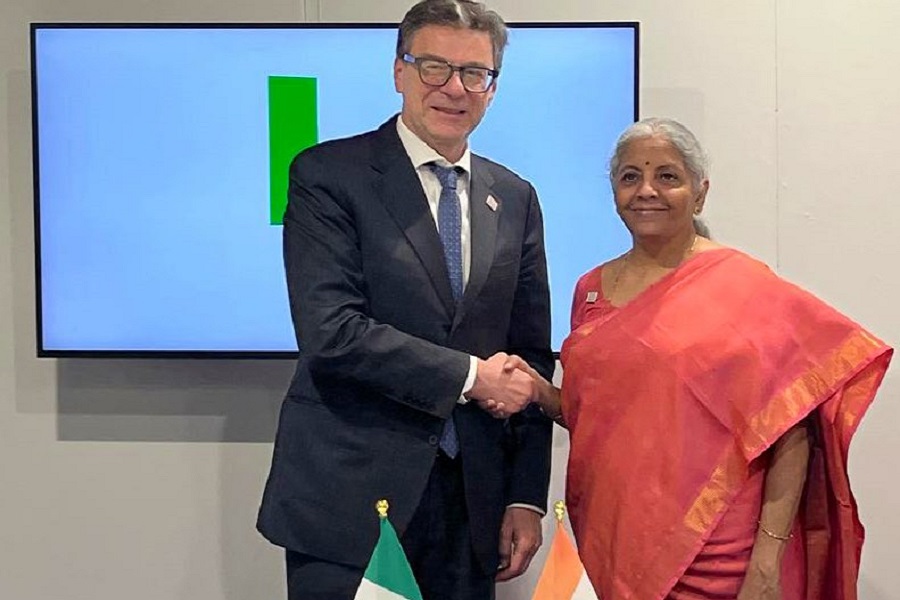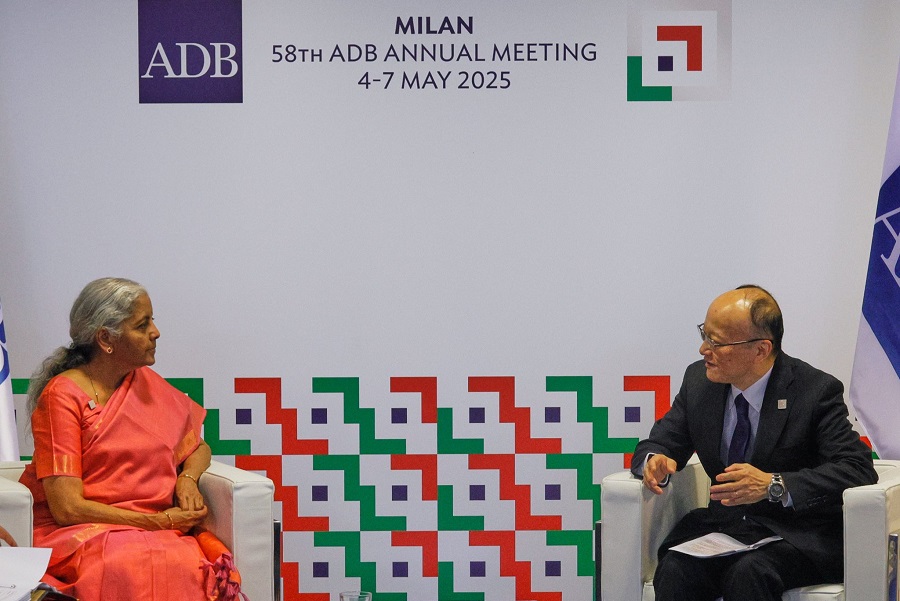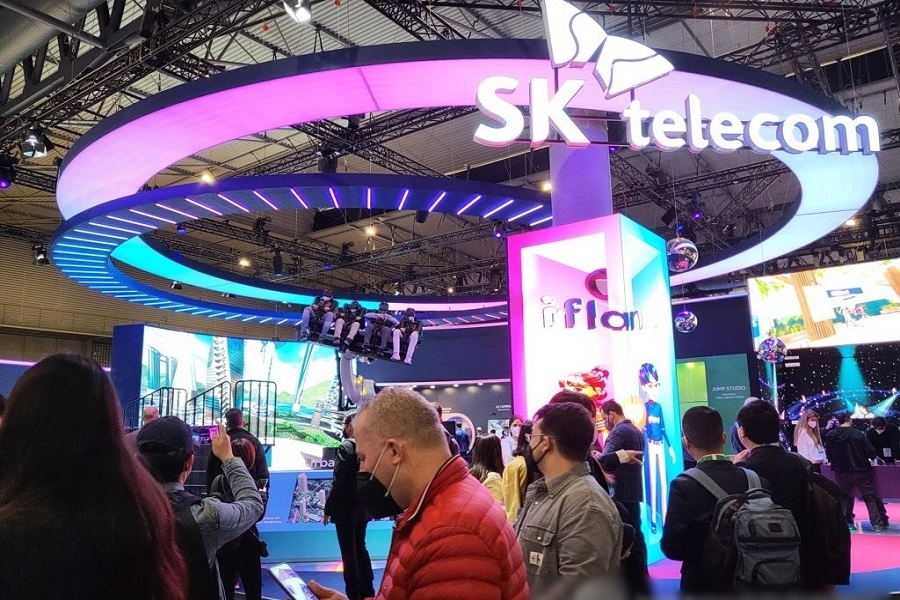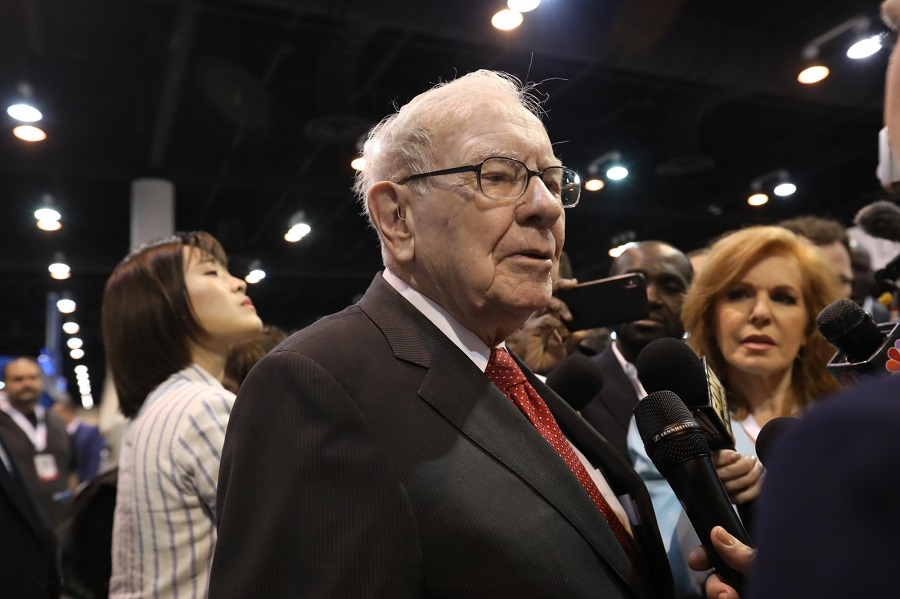South Korean, US space agencies join hands on research cooperation
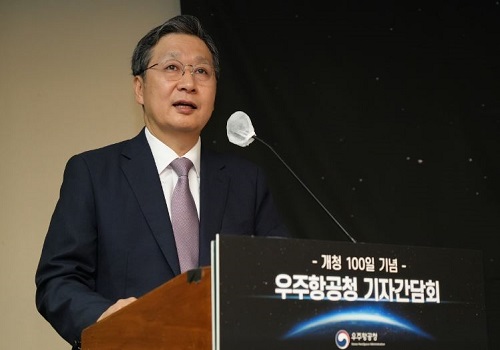
The Korea Aerospace Administration (KASA) said on Sunday it has signed a joint statement with the U.S. National Aeronautics and Space Administration (NASA) for cooperation in various areas involving space and aerospace research.
The statement was signed at the NASA headquarters in Washington, DC, on the occasion of talks held between KASA chief Yoon Young-bin and NASA Administrator Bill Nelson in the US capital.
The two sides discussed cooperation across various areas of space and aerospace development, including deep space and lunar exploration, and agreed to strengthen their leadership on the international stage, reports Yonhap news agency.
They also committed to identifying innovative projects with high potential in fields such as space life sciences, lunar surface science and joint use of deep space antennas.
Additionally, they confirmed their intent to cooperate on space sustainability, including developing standards for information sharing related to space debris reduction, space traffic management and space environment protection.
The two agencies also signed a separate agreement to jointly design a mission concept for operations at the so-called Lagrange point L4, where the gravitational forces of the sun and Earth are balanced.
KASA also said it plans to discuss signing a separate research agreement with NASA to expand Korea's participation in the U.S. Artemis moon exploration programme.
Meanwhile, the South Korean space agency recently unveiled an ambitious vision to develop a competitive space transportation system and a forward-looking exploration strategy, aiming to join the elite ranks in the global space race.
South Korea's current homegrown space rocket, Nuri, has a shipping cost of $24,000 per kilogram, while SpaceX offers transport for around $2,000 to $3,000 per kilogram.
KASA is also mapping out a comprehensive road map for deep space exploration, including missions to Lagrange point L4, the moon and Mars.
Earlier this year, KASA announced its plan to send a spaceship to L4, one of the five Lagrange points about 380,000 kilometres from Earth, in 2035 to observe the sun in cooperation with major space powers, including the US, Japan and Britain.
